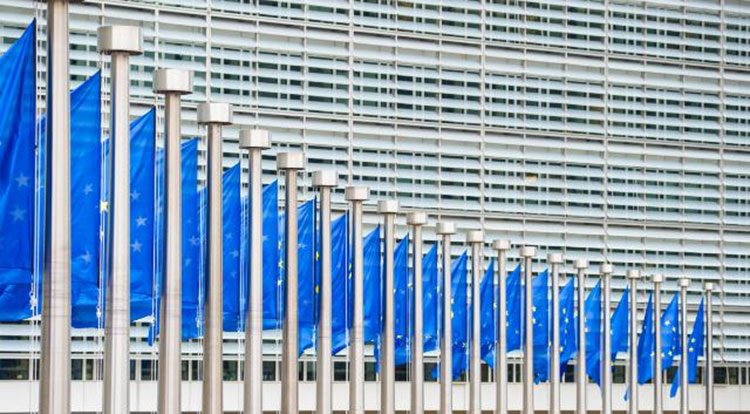The European Commission announced today a new European External Investment Plan (EIP). The instrument will allow for the boosting of investments in Africa and EU Neighbourhood countries, in particular to support social and economic infrastructure and SMEs, by addressing obstacles to private investment. With an input of EUR 3.35 billion from the EU budget and the European Development Fund, the EIP will support innovative guarantees and similar instruments in support of private investment, enabling the EIP to mobilise up to EUR 44 billion of investments. If Member States and other partners match the EU’s contribution, the total amount could reach EUR 88 billion.
By unlocking investments in partner countries, the EIP will contribute to implementing the 2030 Agenda on Sustainable Development Goals and the Addis Agenda on Financing for Development. It will also provide a key contribution to addressing the root causes of migration, reinforcing our partnerships and looking at the long term drivers behind the large movements of population.
The EIP consists of three complementary pillars:
- Mobilising investment by combining existing investment facilities with a new guarantee within the new European Fund for Sustainable Development (EFSD).The EFSD will be composed of two regional investment platforms for Africa and the Neighbourhood.
- Stepping up technical assistance for broader policy environment to support public authorities and companies in partner countries. The aim is to help them to better prepare and promote projects and attract more investment.
- Improving the general business environment by fostering good governance, fighting corruption, removing barriers to investment and market distortions.
In addition, the European Investment Bank (EIB)’s lending operations form an integral part of the EIP. For this purpose, the Commission will expand the EU budget guarantee under the EIB External Lending Mandate by a total of EUR 5.3 billion. In total, the EIB will thus lend up to EUR 32.3 billion under the EU guarantee between 2014 and 2020.
The EIP offers an integrated framework enabling full cooperation among the EU, Member States, partner countries, international financial institutions, donors and the private sector. It will improve the way in which scarce public funds are used and the way public authorities and private investors work together on investment projects.
Through the EIP the EU will take a further step to contribute to the global architecture for development and management of migration, the two themes that will be at the centre of the discussion during the upcoming UN General Assembly.




